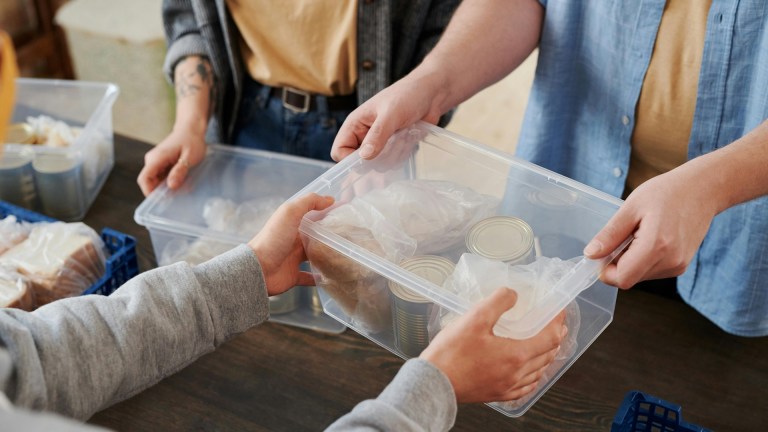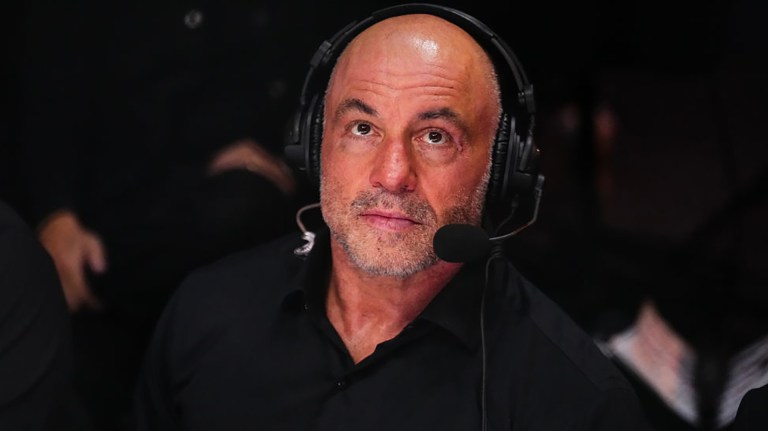Walters is not alone. The non-profit organisation ExcludedUK represent some three million self-employed people ineligible for government support. This group is unfortunately well-represented by members of the UK’s musical community.
A recent survey by the Musicians’ Union states that between 38 per cent and 50 per cent of its members still do not qualify for either of the government’s financial assistance schemes (SEISS or Universal Credit), including 50 per cent for whom freelancing makes up less than half of their earnings but are not eligible for furlough either, and 15 per cent who had been self-employed for less than a year when SEISS began.
Walters feels that the government’s responses have over-emphasised the flexible, individualised nature of self-employment, in the face of distinctly inflexible eligibility criteria. One such SEISS stipulation is the need for 50 per cent of the previous year’s self-employed income to come via self-employment. Walters’ 18/19 tax return tipped a couple of percentage points over into PAYE, meaning she is now effectively ‘newly self-employed’, despite being registered as self-employed since the beginning of her time in Liverpool.
The 50 per cent threshold has also proved costly for Adam Collins, a tuba player who freelances alongside studying for a Master’s at the Royal Academy of Music. His work for the past three years has been a mixture of freelance gigs and zero-hour PAYE contracts, which include teaching and pastoral care for young musicians on residential courses.
The threshold doesn’t work for Collins because it assumes part-furlough from one of his PAYE gigs, something that hasn’t been forthcoming. As the zero-hour contracts fell through, he was forced to find support from the Academy’s Hardship Fund, Help Musicians UK, and now supports his studies by working in a supermarket. “I found out that I didn’t qualify for SEISS after filling in my tax return. There’s this perception that the self-employed are not claiming their income, or dodging tax in some way, but I found out I was ineligible just as I wrote my cheque to HMRC!”
“I found out that I didn’t qualify for SEISS after filling in my tax return. There’s this perception that the self-employed are not claiming their income, or dodging tax in some way, but I found out I was ineligible just as I wrote my cheque to HMRC!”
There’s a feeling among the freelance community that their hard work is being punished, and even stigmatised. “We’ve all paid all our taxes the same as everybody else, and we all work extremely hard,” says Walters. “But when you’re sitting at home, you’ve got no money coming in and your bank account is going down, I don’t know how they expect you to survive on nothing for month after month. It’s an extreme feeling of injustice that currently sits alongside the financial worries.”
The Musicians’ Union has lobbied steadfastly for changes to the SEISS scheme, and there are some solutions that might cushion the double blow of heavily diminished income and zero government support.
The Union currently advocates waiving the January 2021 tax bill for musicians without support, as well as advocating individual investment programmes for freelancers in England through the Cultural Recovery Fund to match those in Wales, Scotland and Northern Ireland. Earlier this month, Labour MP Tracy Brabin, chair of the Gaps in Support Group in Parliament, successfully tabled a Ten-Minute Rule Bill in the House of Commons that, if passed, will create a watchdog dedicated to the reporting and fixing of gaps in the government’s coronavirus financial support.
But with a Prime Minister who, when probed during a recent Prime Minister’s Questions, declared that “nobody had been abandoned”, the struggles of hard-working musicians will likely continue until something resembling a regular schedule reappears.
Hugh Morris is a freelance musician and writer









